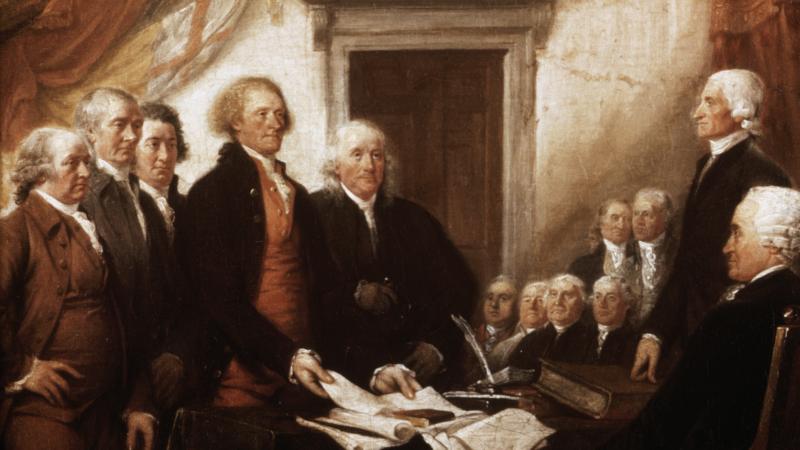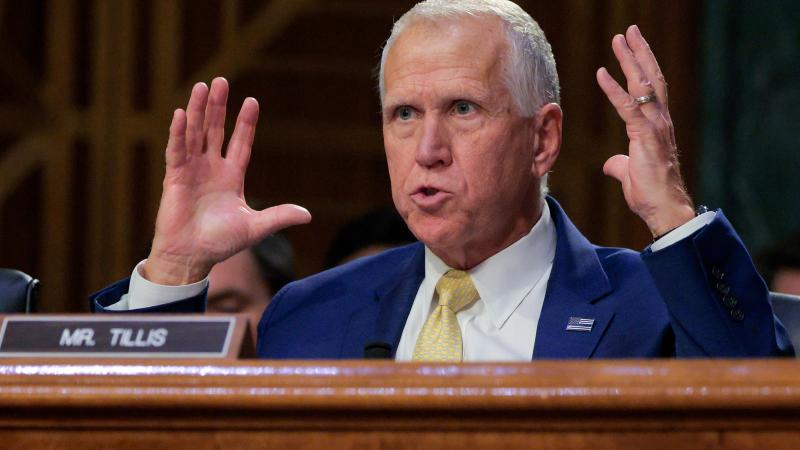Federal jury awards detainees $17 million in back pay from private prison company
A federal jury in Tacoma, Wash., concludes private prison company violated state’s minimum wage law.
A federal jury in Tacoma, Wash., decided the GEO Group (GEO) that runs and owns the Northwest Immigration and Customs Enforcement (ICE) Processing Center in Tacoma owes former detainees $17.3 million in back pay for menial tasks such as cleaning, cooking, and cutting hair.
The Boca Raton, Florida-based for-profit prison company paid detainees $1 a day for such work, a practice the jury on Wednesday determined after a two-and-a-half-week trial is a violation of the state’s minimum wage law.
“This multibillion-dollar corporation illegally exploited the people it detains to line its own pockets,” Washington State Attorney General Bob Ferguson said in a press release on the jury’s Wednesday decision. “Washington will not tolerate corporations that get rich violating the rights of people.”
The lawyer representing the detainees in this case hopes Friday’s monetary verdict sends a message.
“There are no other private prisons or detention centers operating in Washington, but we hope that our verdict sets a useful precedent for cases pending against GEO and other private prison companies operating immigration detention facilities in other states, including California and Colorado,” said Adam Berger, an attorney with Seattle-based Schroeter, Goldmark & Bender, which brought a class action suit on behalf of former detainees.
Similar lawsuits have been brought on behalf of immigration detainees in other states – including California, Colorado and New Mexico – seeking to force GEO and another private prison company, Nashville, Tennessee-headquartered CoreCivic, to pay minimum wage to detainees there.
Nigerian-born Goodluck Nwauzor, who spent eight months detained at the Tacoma ICE facility starting in 2016, was part of the lawsuit
While he was not forced to work, he indicated there was little choice but to do so.
“You have to do it, to get the money to get the stuff you need, or also make a call to your friends and family members,” Nwauzor told NPR on Friday. “It’s unfair. Because the amount of the job, or the kind of job we do, is beyond what they were paying us.”
The class action lawsuit was consolidated with a separate lawsuit brought by Washington state, which accused GEO of violating state labor law and enriching itself unjustly.
Closing arguments to determine how much money the company must pay the state on its claim of unjust enrichment are set for today, according to Brionna Aho, communications director for the Washington State Attorney General’s Office.
GEO had argued detainees at the Tacoma ICE facility were not employees under state law, and that federal law permitted the company to pay detainees less than minimum wage for the work they performed.
The company did not respond to a request for comment.















